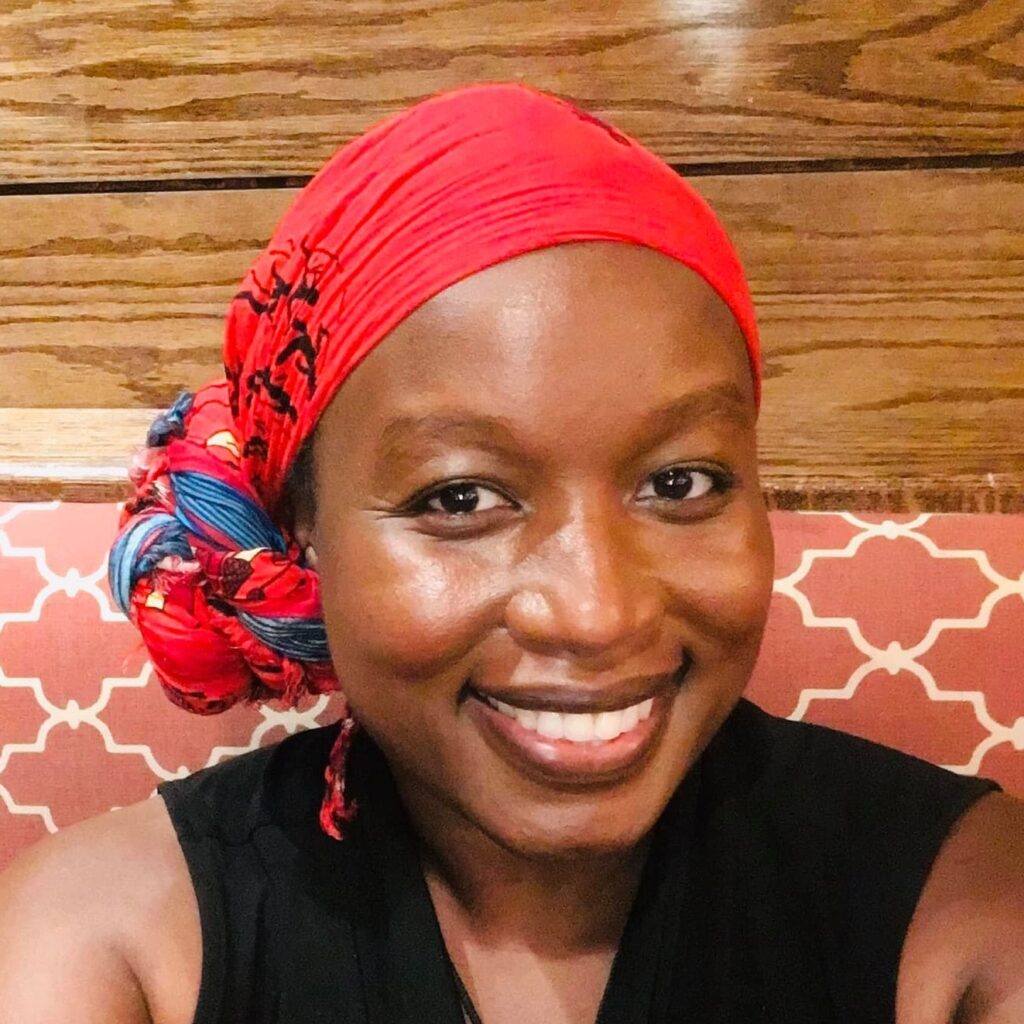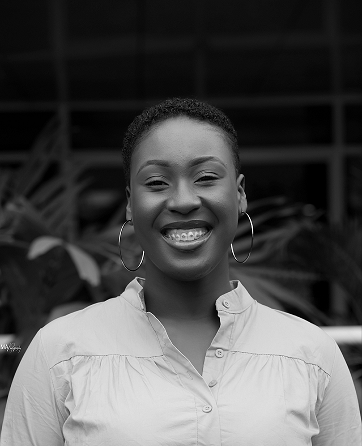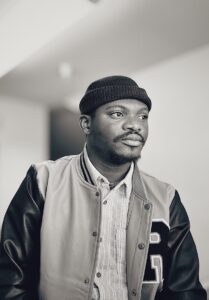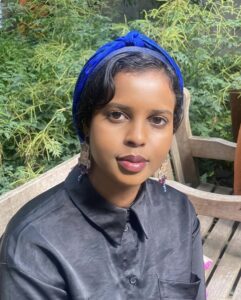Out of over a thousand entries, eight poets have been shortlisted for the 2021 Brunel International African Poetry Prize. Booker Prize winner Bernardine Evaristo initiated the £3,000 prize, the largest for African poetry in the world, in 2012. Now in its ninth year, it is “aimed at the development, celebration and promotion of poetry from Africa.”
This year’s judges are Karen McCarthy Woolf, Rustum Kozain, and Makhosazana Xaba. The chair, Woolf, said, “This year’s shortlist includes an exciting array of new and emerging voices from across the continent and diaspora, from South Africa and Lesotho, to Nigeria, Gambia, Somalia and Uganda. Thematically, the poems have shared and diverse concerns, from Yomi Sodé’s memorial to Damilola Taylor to Nathan Kweku John’s meditation on Ashanti naming traditions that also commemorates victims of police brutality.
“Running throughout these portfolios, there was a sense of urgency and a spirit of witness leavened by a capacity to address complex scenarios amongst the political wreckage that has characterized this specific moment in the early 21st century.”
The shortlisted poets are Gambia’s Kweku Abimbola, Uganda’s Arao Ameny, South Africa’s Isabelle Baafi, Somalia’s Asmaa Jama, Lesotho’s Tumello Motabola, and Nigeria’s Oluwadare Popoola, Yomi Sode, and Othuke Umukoro.
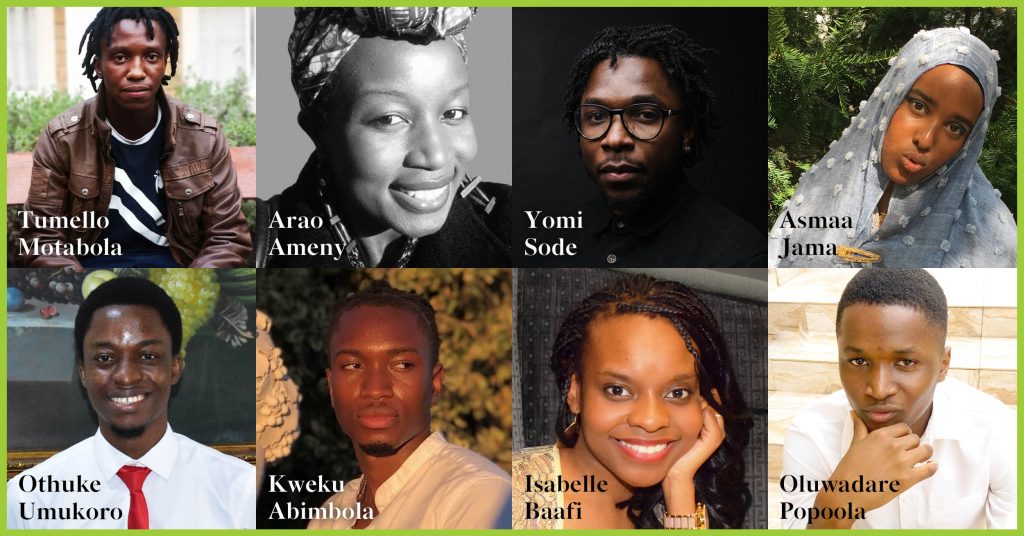
“Many of these poets are young, in their 20s, and their voices are fresh, articulate, compelling –– they speak to us, in lucid and evocative terms of tangible lived experience, whether they are writing of relationships with parents, lovers, society or friends,” Woolf continued. “Demonstrating a capacity for experimentation, formal dexterity and a willingness to take a risk, these shortlisted poets write in a range of styles from narrative to lyric. We find them now, on the brink of what promises to be notable and enduring literary careers.”
Kweku Abmibola’s poems are written for 17-year old Trayvon Martin who was murdered in 2012, 26-year old Tarika Wilson shot dead in her house four years before Martin’s death, and 12-year old Tamir Rice who was killed in 2014—all by the American police.
Arao Ameny writes about immigration, womanhood, motherhood, and ancestory. Isabelle Baafi explores motherhood, too, and love. Asmaa Jama captures the essence of the word/ name “ahmed,” and explores fatherhood.
Tumello Motabola plays around memory and naming. Olúwádáre Pópóọla’s poems resonate on almost surreal level. Using the Ghazal and Sestina forms, Yomi Sode writes about an oyinbo (white) woman, unlatching a conversation about racism.
Othuke Umukoro’s poems elevate language, and not because they are sad and somber, but because the poets strips naked and stands before us, presents us “my country burning in this accordion playing a dying song.”
The poets on the shortlist infuse their verses with indigenous languages.
The Brunel International African Poetry Prize is sponsored by Brunel University, London, and is open to African poets who were born in Africa, who are nationals of an African country, or whose parents are African. Each poet is to enter ten poems for submission. These poems may have been previously published. However, poets who have published a full-length poetry collection are ineligible for the prize. Poets who have self-published poetry books or had chapbooks and pamphlets published can submit for this prize.
Past winners of the prize are Warsan Shire in 2013, Liyou Libsekal in 2014, Safia Elhillo and Nick Makoha in 2015, Gbenga Adesina and Chekwube Danladi in 2016, Romeo Orogun in 2017, Hiwot Adilow, Theresa Lola, and Momtaza Mehri in 2018, Nadra Mabrouk and Jamila Osman in 2019, and Rabha Ashry in 2020.
The 2021 winner will be announced on the 11 May 2021.
Ernest Ogunyemi contributed to this report.

